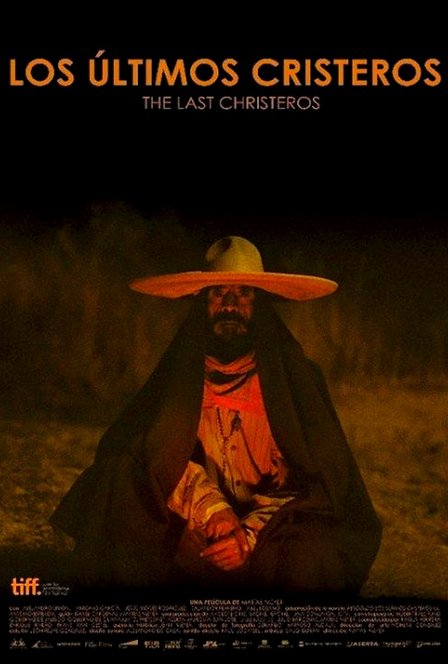“Look how much Christ loves us.”
Colonel Florencio Estrada (Alejandro Limón), leader of a small band of religious rebels, says this to his men when one of them is struck in the head by a glanced bullet. The man survives, and the Colonel’s statement is a sincere declaration to his troops. It is meant to encourage them, to reinforce their beliefs. You see, Catholics were in a bad place in Mexico in the 1920s. In the summer of 1926, Mexican President Plutarco Elías Calles enacted legislation severely limiting the ability to practice Catholicism in the country. Churches were shut down, priests were expelled, and praying was made illegal. Those who spoke out against the act were sentenced to death. Those who remained loyal to the church took up arms, began calling themselves “Cristeros,” and rebelled against the government, beginning the Cristero War.
The Last Christeros follows a group of these rebels, beset by hunger, lack of resources, and yearning for their families in the final days of the war. Being pursued by government forces, some are killed. Then, when only five of them remain, one is hit in the head when a bullet glances off a rock. This is when Colonel Estrada says to his men, “Look how much Christ loves us.” The scenario, the shot sequence, the acting — all of it combines to make the statement incredibly absurd, sad and ironic when it should be hopeful and affirming. But for a film in which the protagonists feel so strongly about their religious beliefs (and when it is these very beliefs for which are being persecuted), more care should be given to a moment like this.
Now I realize I’ve pinpointed one moment in the entire film and have perhaps attributed too much weight to said moment. But “moments” in The Last Christeros are few and far between. The film instead relies on the empty spaces between moments, the waiting and near purposelessness that accompanies war. So scenes like this end up with increased weight in the context of the film.
The film is further hindered by a reliance on non-actors and the less-than-spectacular parts of the Mexican countryside. I don’t mean to blame the cast, because, well, they’re not actors. The use of non-actors in any film is always going to end in either reward or regret. While they can bring an honest and naturalistic tone to the performance without any of the baggage that accompanies celebrity, their skills sometimes fall short of what the film needs. That the film is a period piece only compounds the risk and increases what’s needed from the actors. Matías Meyer’s direction is too sloppy to coordinate the performances needed without undermining the purpose and motives of the characters. A minimalist film about a religious rebellion is an ambitious project with lots of moving parts. The Last Christeros is a daring attempt to portray the Cristero War with dignity and realism, but it’s still a failed rebellion.

